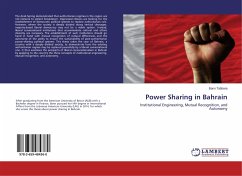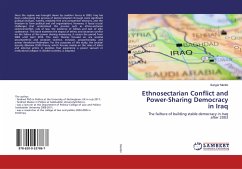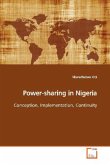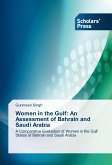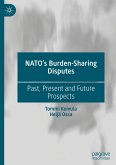The Arab Spring demonstrated that authoritarian regimes in the region are not immune to violent breakdown. Oppressed citizens are looking for the establishment of democratic political systems to replace authoritarian rule. However, where the society is deeply divided along vertical cleavages, majority-based liberal democracy may not be a viable option. Instead, liberal consociational institutions that accommodate cultural and ethnic diversity are necessary. The establishment of such institutions should go hand in hand with mutual recognition of cultural differences and the autonomy of the polity to ensure the sustainability of post-authoritarian power-sharing political systems. This thesis takes the case of Bahrain, a country with a deeply divided society, to demonstrate how the existing authoritarian regime may be replaced peacefully by a liberal consociational one. It thus examines the prospects of liberal consociationalism in Bahrain by applying to the country the three concepts of institutional engineering, mutual recognition, and autonomy.
Bitte wählen Sie Ihr Anliegen aus.
Rechnungen
Retourenschein anfordern
Bestellstatus
Storno

